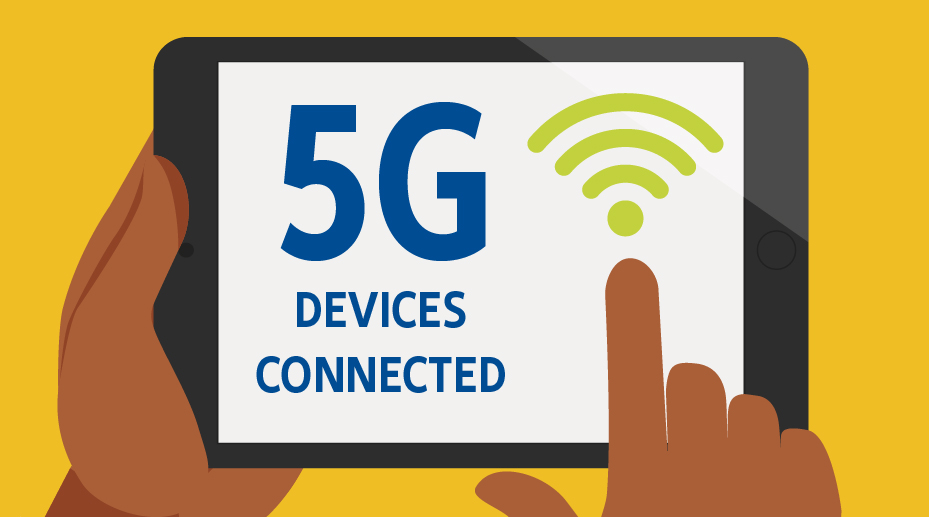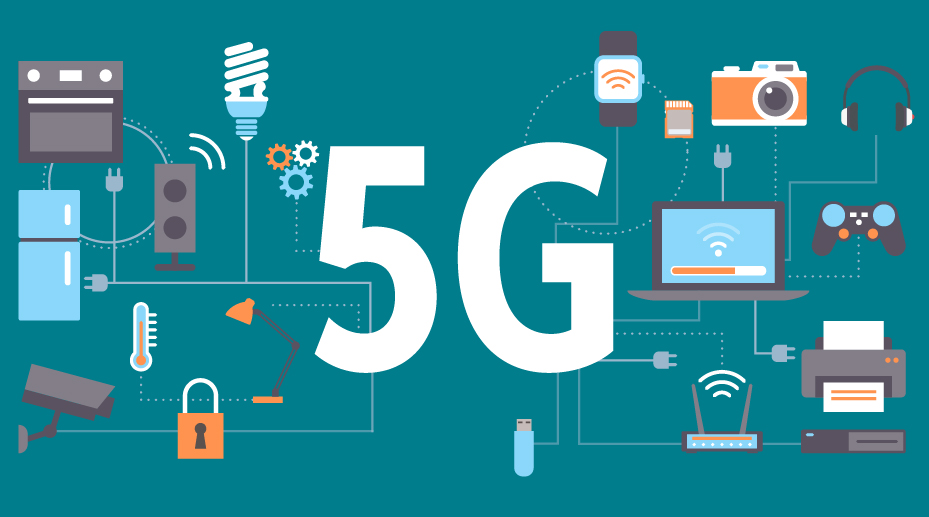Smart devices are context-aware electronic devices made intelligent by autonomous computing power. They are connected to other devices or servers via the internet or other networks.
Smart devices are components of the Internet of Things and generally follow pre-established rules or have a level of autonomous intelligence compared to normal devices. For example, these devices use sensors to gather physical data such as light, temperature and movement, and share that data to be analysed and used. Smart devices interact with people or other machines.

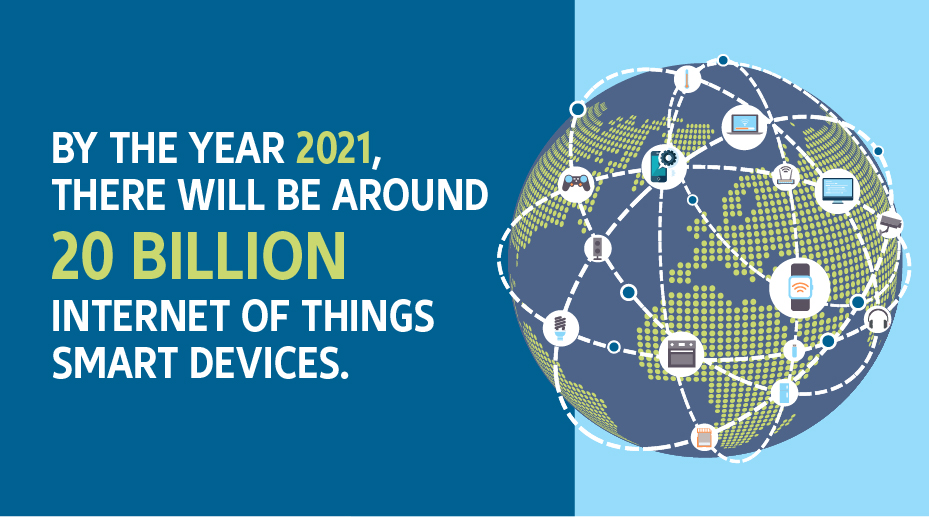
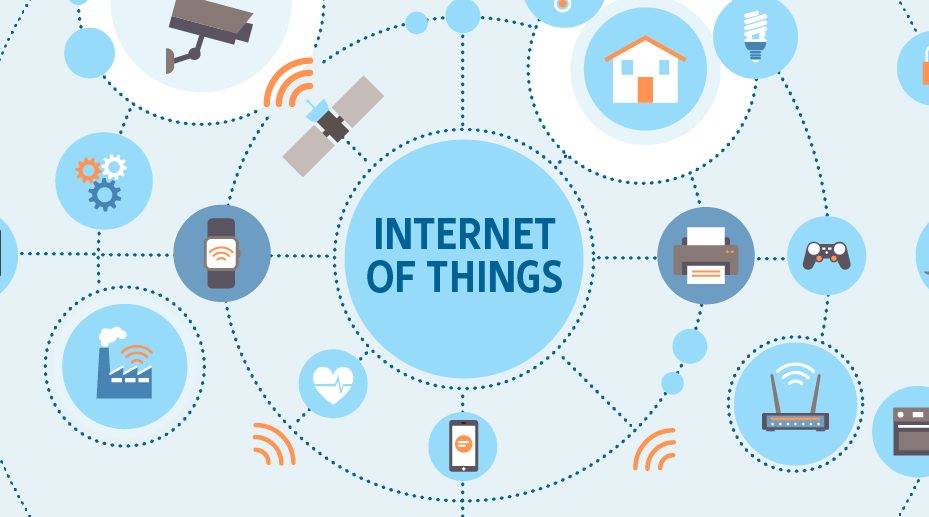
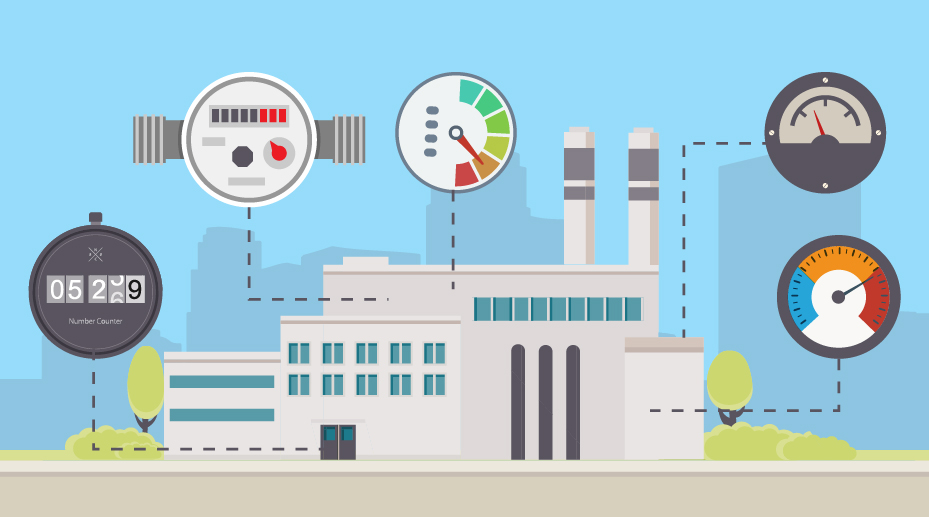
2-08.jpeg)
